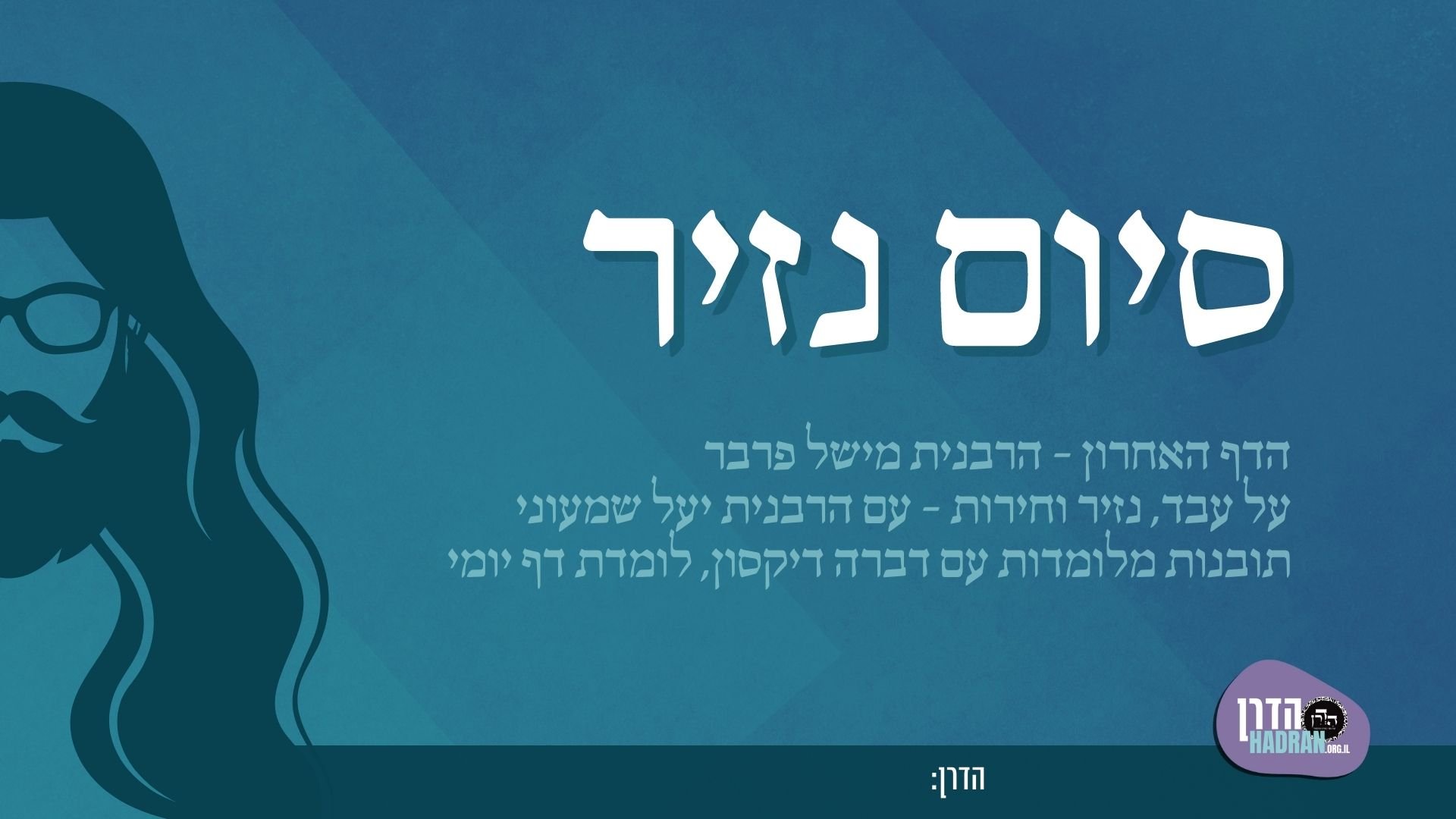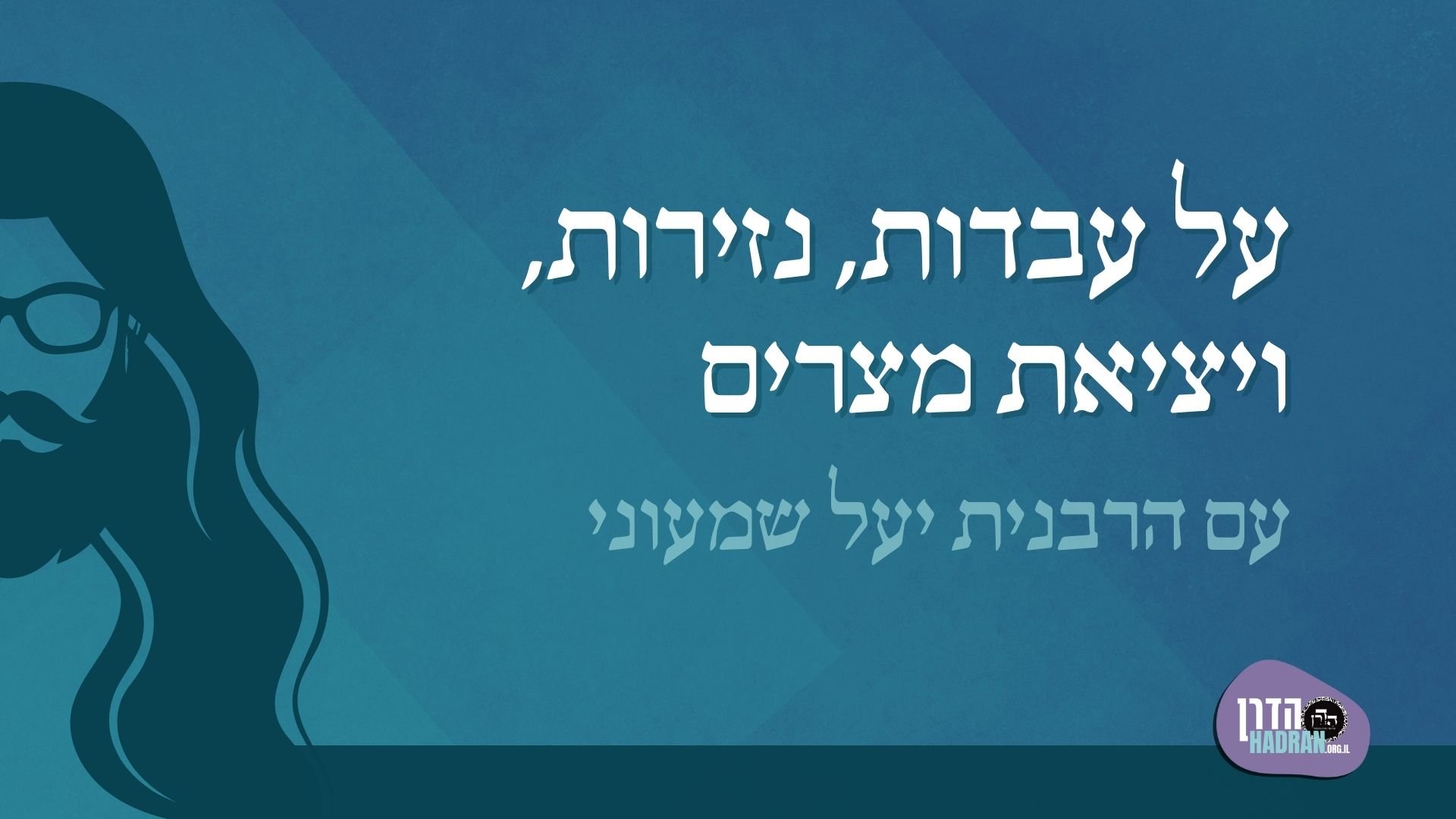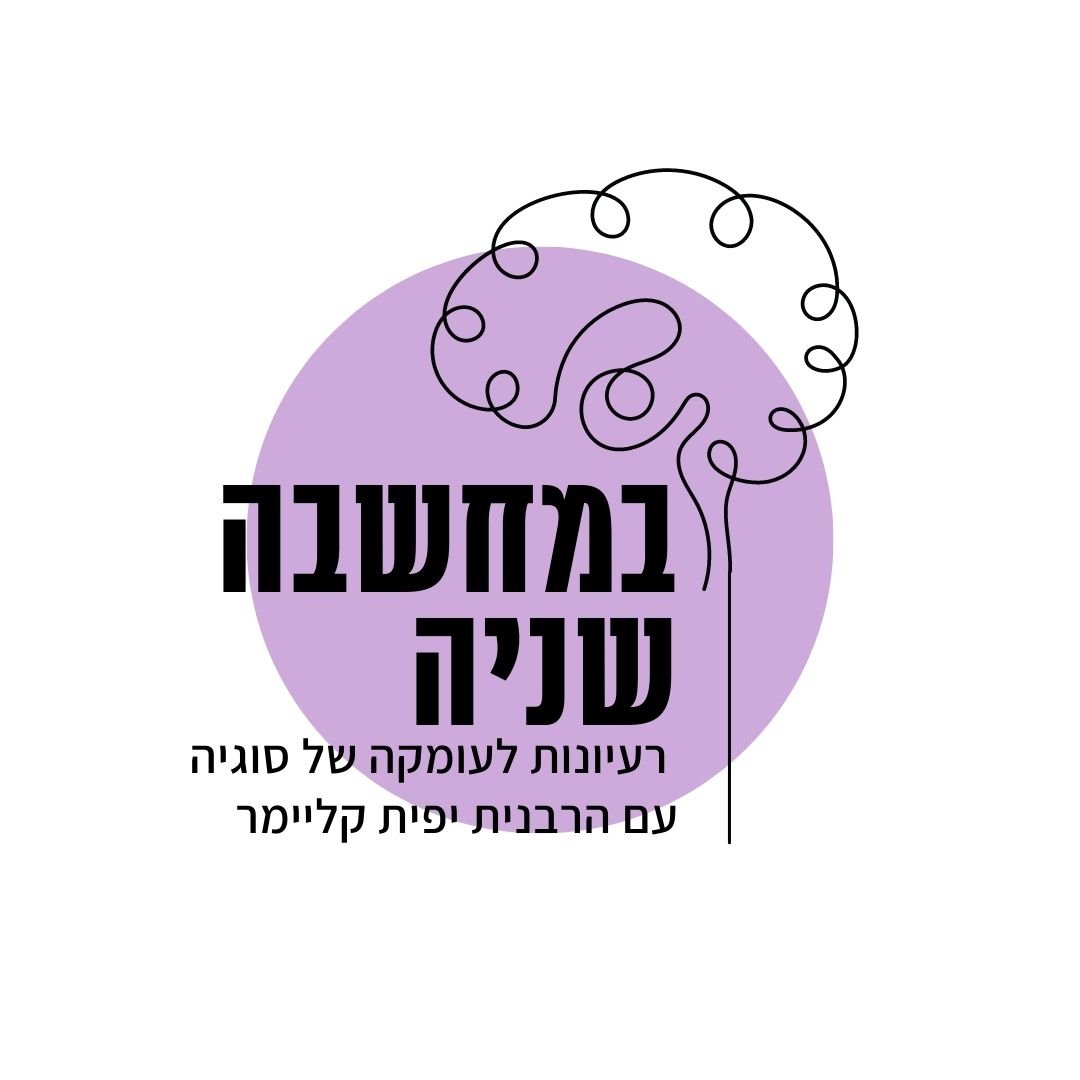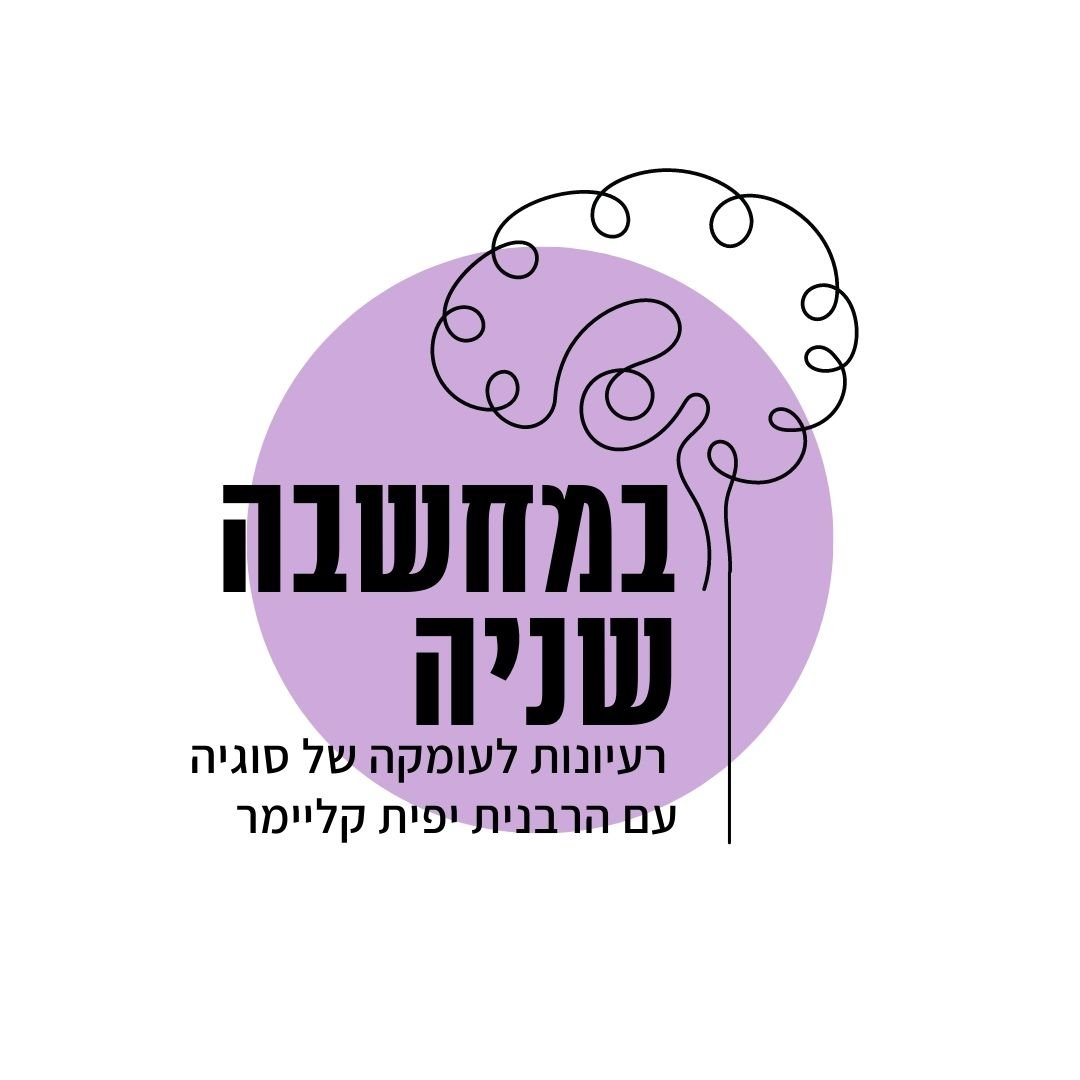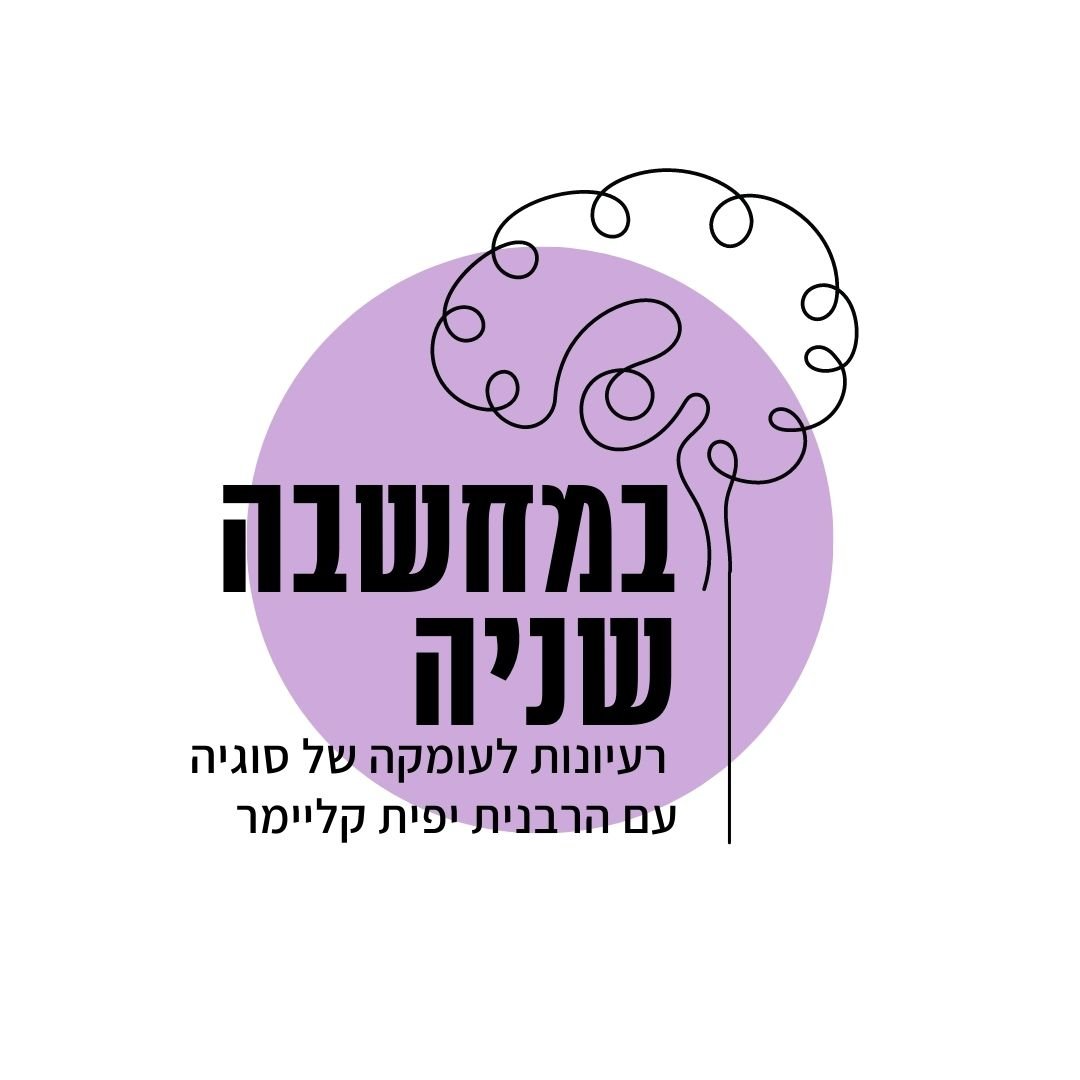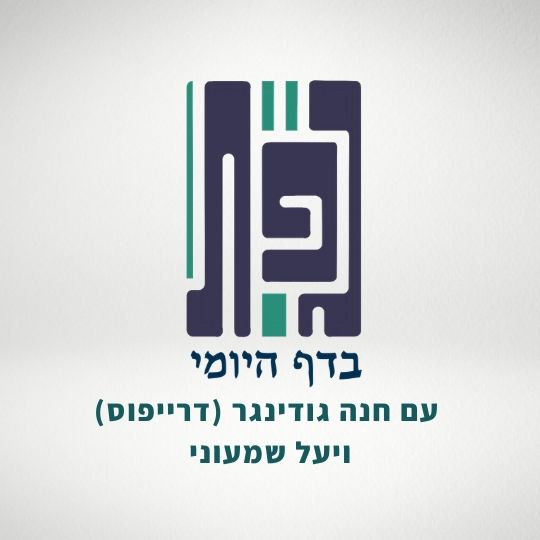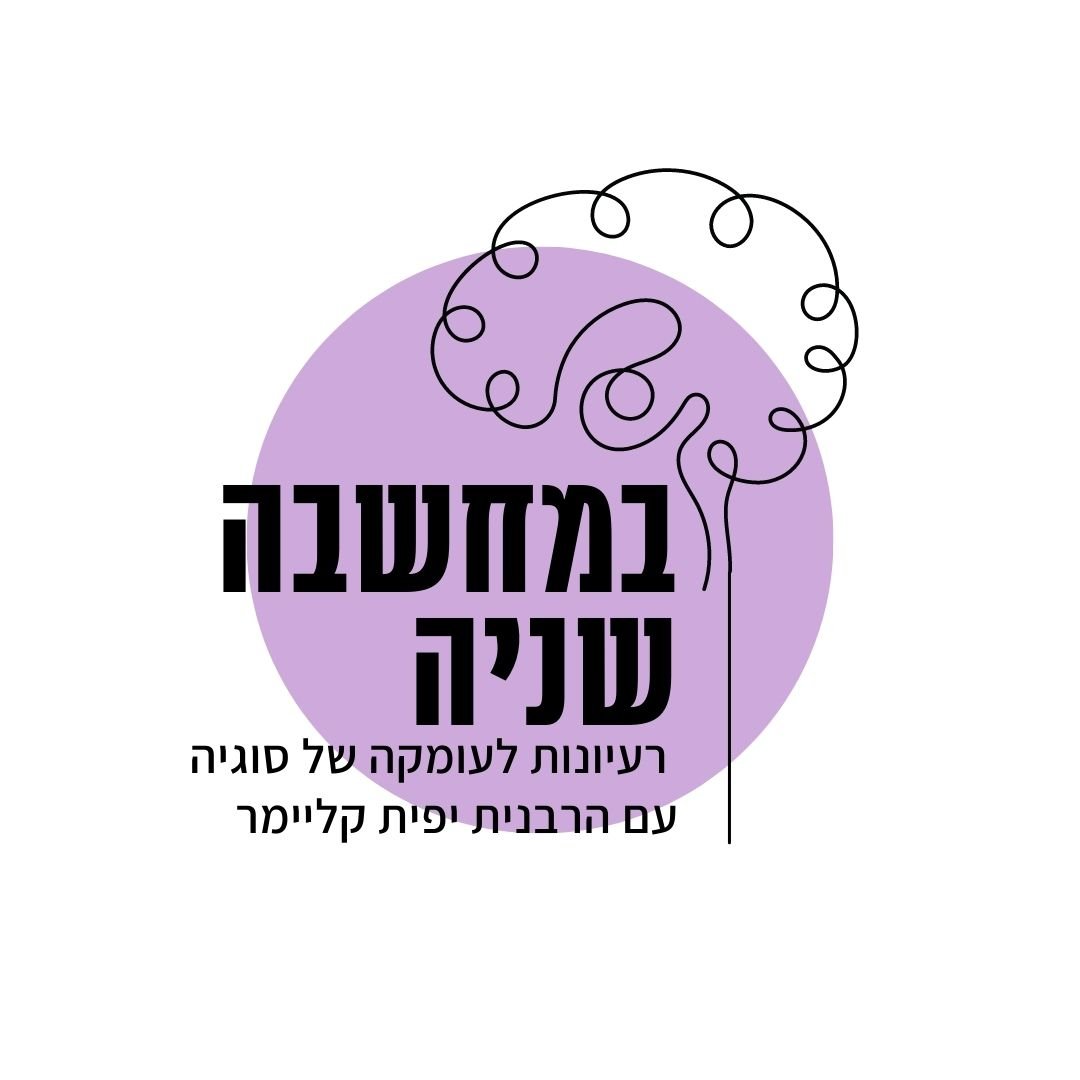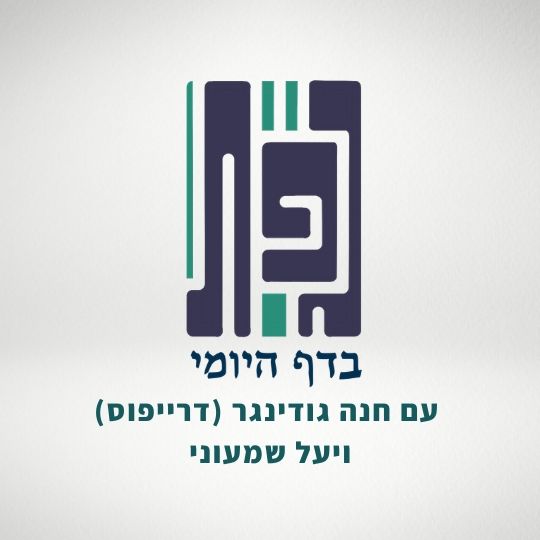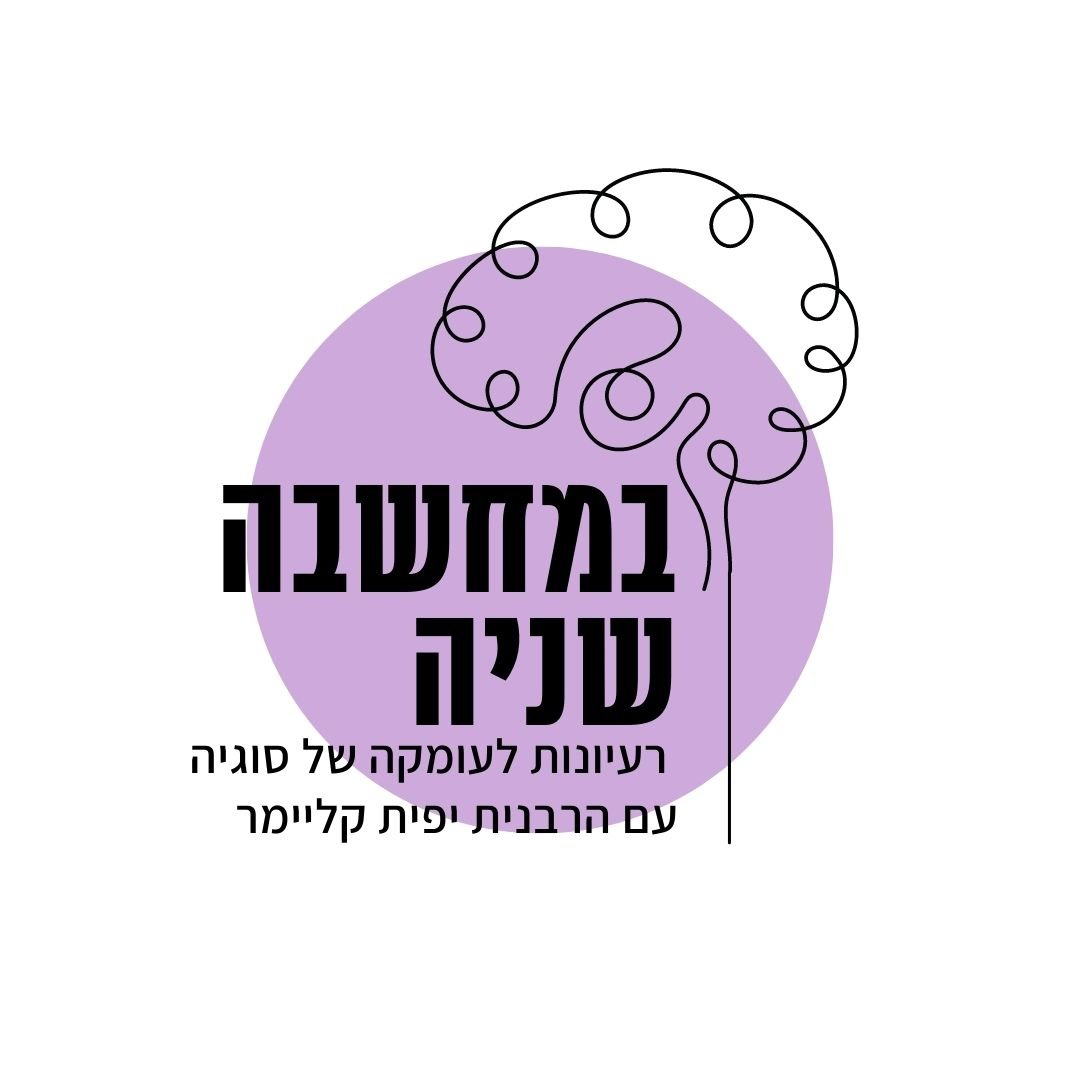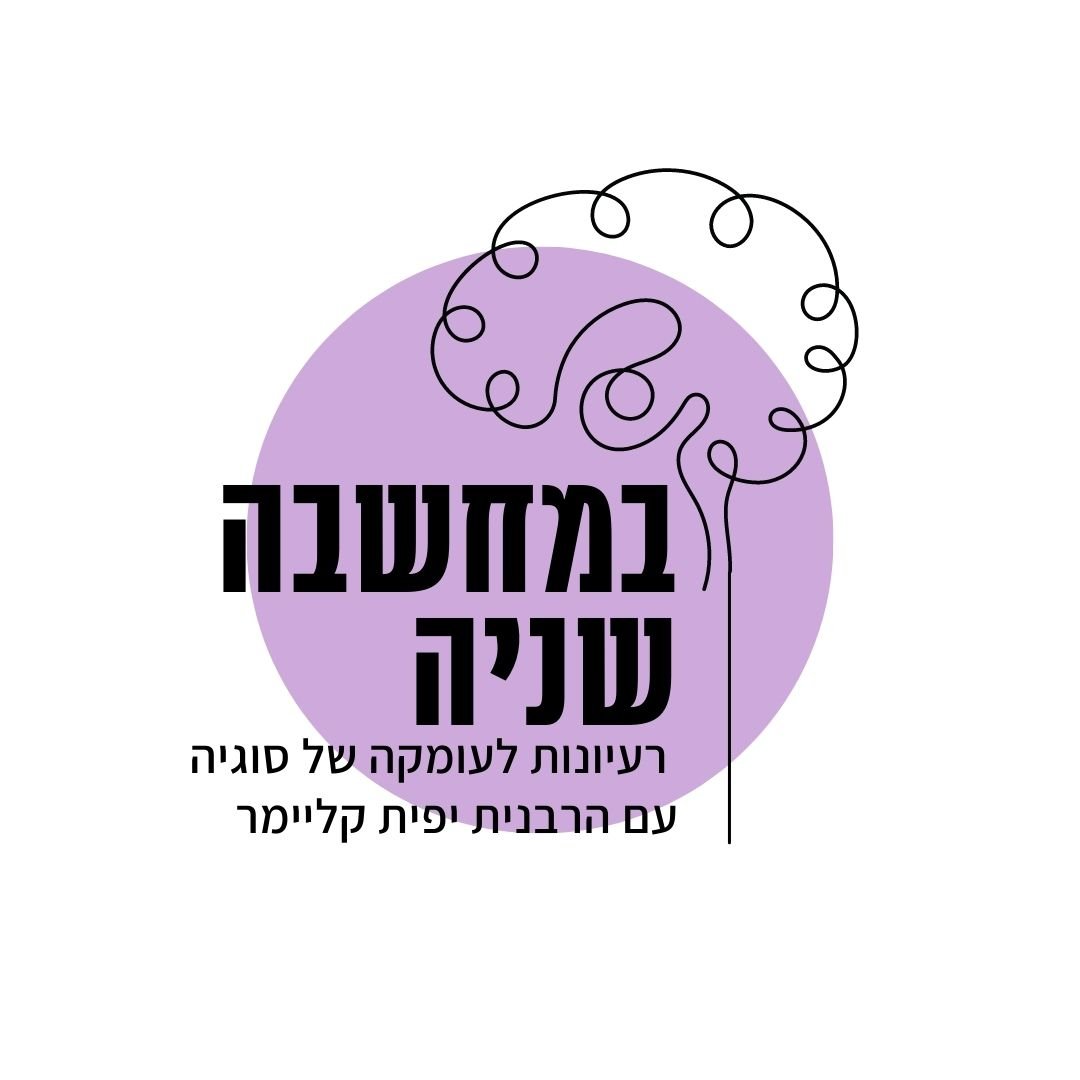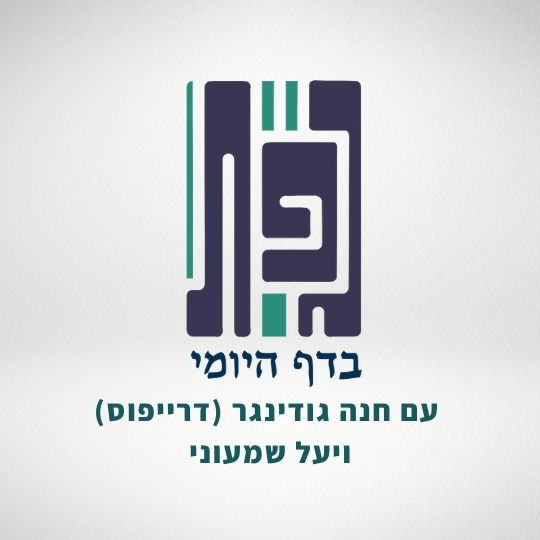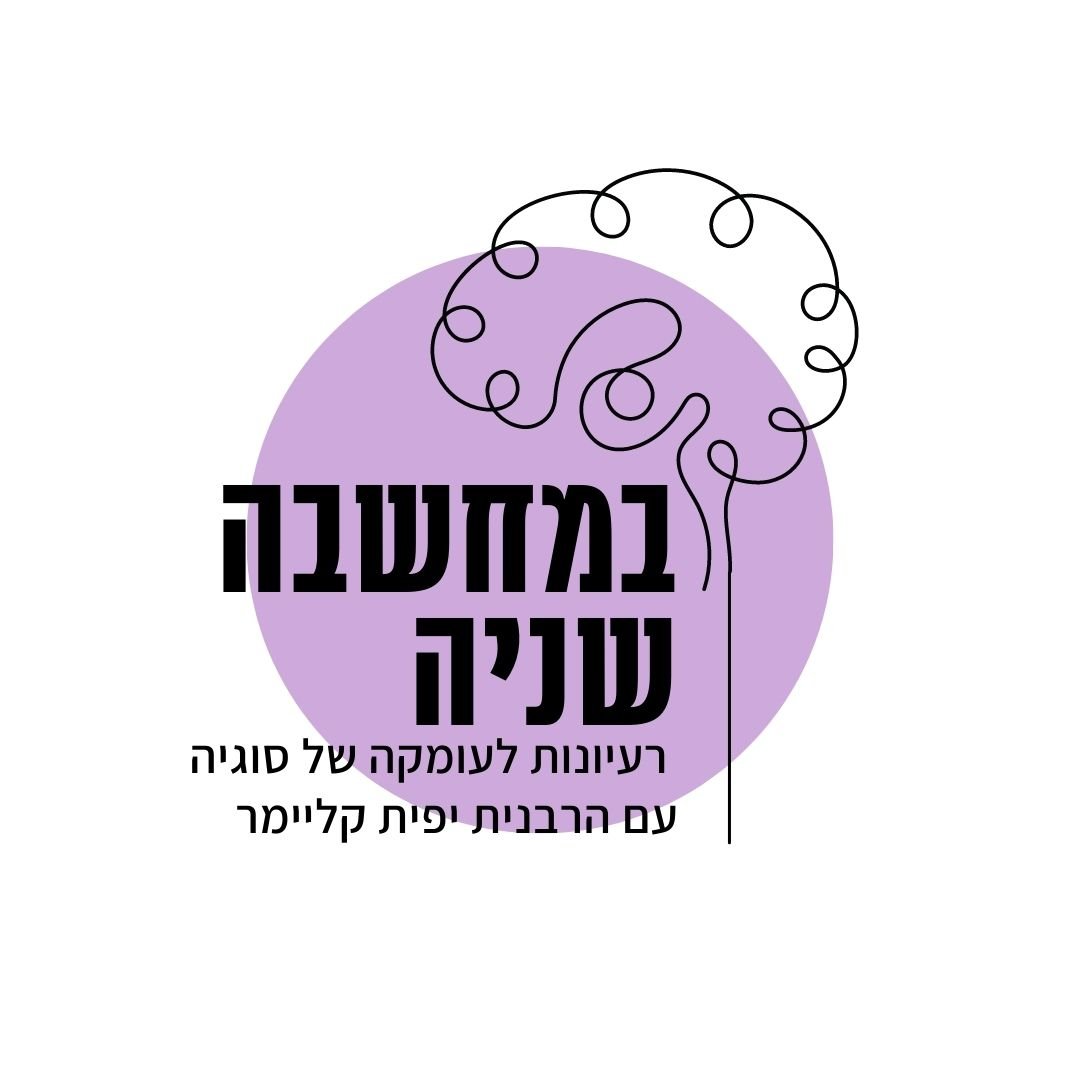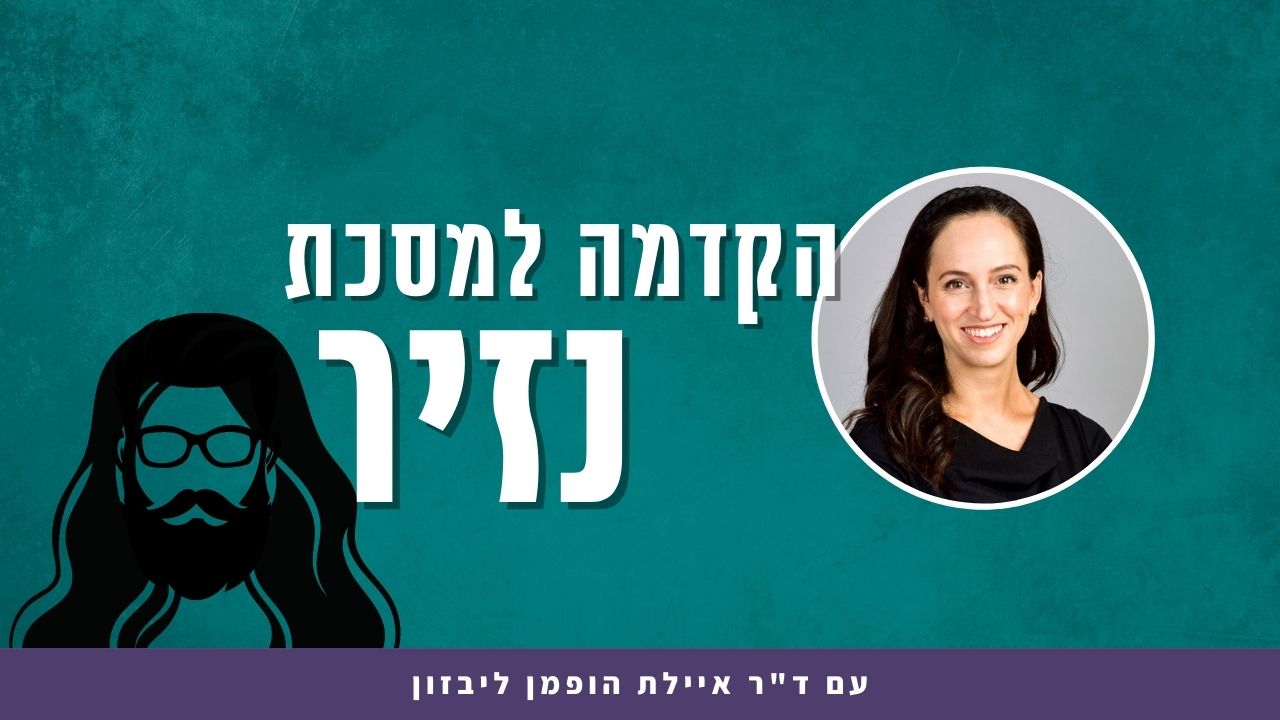נזיר לא
וּבֵית הִלֵּל אוֹמְרִים: אֵין הֶקְדֵּשׁ. כֵּיצַד? אָמַר ״שׁוֹר שָׁחוֹר שֶׁיֵּצֵא מִבֵּיתִי רִאשׁוֹן הֲרֵי הוּא הֶקְדֵּשׁ״, וְיָצָא לָבָן, בֵּית שַׁמַּאי אוֹמְרִים: הֶקְדֵּשׁ, וּבֵית הִלֵּל אוֹמְרִים: אֵינוֹ הֶקְדֵּשׁ. ״דִּינַר זָהָב שֶׁיַּעֲלֶה בְּיָדִי רִאשׁוֹן הֲרֵי הוּא הֶקְדֵּשׁ״, וְעָלָה שֶׁל כֶּסֶף, בֵּית שַׁמַּאי אוֹמְרִים: הֶקְדֵּשׁ, וּבֵית הִלֵּל אוֹמְרִים: אֵינוֹ הֶקְדֵּשׁ. ״חָבִית שֶׁל יַיִן שֶׁתַּעֲלֶה בְּיָדִי רִאשׁוֹנָה הֲרֵי הִיא הֶקְדֵּשׁ״, וְעָלְתָה שֶׁל שֶׁמֶן, בֵּית שַׁמַּאי אוֹמְרִים: הֶקְדֵּשׁ, וּבֵית הִלֵּל אוֹמְרִים: אֵינוֹ הֶקְדֵּשׁ.
and Beit Hillel say it is not consecrated. How so; what is considered an act of erroneous consecration? If one said: A black bull that will emerge from my house first is consecrated, and a white bull emerged first, Beit Shammai say it is consecrated and Beit Hillel say it is not consecrated. Similarly, if one said: A gold dinar that will come up first in my hand is consecrated, and when he reached into his pocket a dinar of silver came up, Beit Shammai say it is consecrated and Beit Hillel say it is not consecrated. Likewise, if one said: A barrel of wine that will come up first in my hand when I enter the cellar is consecrated, and a barrel of oil came up in his hand instead, Beit Shammai say it is consecrated and Beit Hillel say it is not consecrated.
גְּמָ׳ בֵּית שַׁמַּאי אוֹמְרִים הֶקְדֵּשׁ כּוּ׳. מַאי טַעְמַיְיהוּ דְּבֵית שַׁמַּאי — דְּיָלְפִינַן תְּחִלַּת הֶקְדֵּשׁ מִסּוֹף הֶקְדֵּשׁ. מָה תְּמוּרָה אֲפִילּוּ בְּטָעוּת — אַף הֶקְדֵּשׁ אֲפִילּוּ בְּטָעוּת.
GEMARA: The mishna taught that Beit Shammai say that consecration performed in error renders property consecrated, and Beit Hillel say it is not consecrated. The Gemara analyzes their dispute: What is the reason of Beit Shammai? They maintain that we derive the halakha of the initial stage of consecration from the final stage of consecration. The final stage of consecration is referring to substitution, when one attempts to substitute a non-consecrated animal for a consecrated one. Just as an act of substitution takes effect even in error, i.e., if one meant to say that his black bull should be a substitute for his consecrated animal and he actually said: This white bull, the white bull is rendered consecrated, so too, the initial stage of consecration takes effect even when done in error.
וּבֵית הִלֵּל אוֹמְרִים: הָנֵי מִילֵּי תְּמוּרָה. אֲבָל אַחוֹתֵי הֶקְדֵּשׁ בְּטָעוּת — לָא מַחֲתִינַן.
And Beit Hillel say: This matter, i.e., the halakha that consecration takes effect even when done in error, applies only to substitution, where there is an animal that is already fully consecrated. However, we do not have the initial status of consecration descend upon an item in error.
וּלְבֵית שַׁמַּאי, מָה אִילּוּ אָמַר ״הָרֵי זֶה תַּחַת זֶה לַחֲצִי הַיּוֹם״ מִי הָוְיָא תְּמוּרָה מֵהַהִיא שַׁעְתָּא? אֶלָּא עַד דְּמָטֵי חֲצִי הַיּוֹם הוּא דְּהָוְיָא תְּמוּרָה. הָכִי נָמֵי לְכִי מִיגַּלְּיָא מִילְּתָא!
The Gemara asks: And according to the opinion of Beit Shammai, who derive the halakha of the initial stage of consecration from substitution, just as if one said, at the start of the day: This animal is a substitute in exchange for this animal in the middle of the day, would it become a substitute from that time when he issued the statement, in opposition to his explicit statement? It would not. Rather, Beit Shammai certainly concede that the animal does not become consecrated as a substitute until the middle of the day arrives, at which point it becomes a substitution. So too, in the case of the mishna, the consecration should take effect when the situation is revealed to be in accordance with his statement, i.e., only if a black bull emerges first. Only then should the animal be rendered consecrated, but not if a white bull emerges first. Why do Beit Shammai hold that in the case of the mishna the consecration takes effect in opposition to his explicit statement?
אָמַר רַב פָּפָּא: לְכָךְ נֶאֱמַר ״רִאשׁוֹן״ לִכְשֶׁיֵּצֵא רִאשׁוֹן.
Rav Pappa said: Beit Shammai concede that consecration does not take effect in opposition to one’s explicit statement. Rather, they maintain that it is for this reason that the man states: The black bull that will emerge from my house first, as he means the following: When the first black bull of all the black bulls I possess will emerge from my house, it will be consecrated. When Beit Shammai ruled that the bull is consecrated, they were referring to the first black bull that emerged, even if it was not the first bull that emerged, as a white bull preceded it.
וְהָא ״שׁוֹר שָׁחוֹר״ קָאָמַר, מִי לָא עָסְקִינַן דְּלֵית לֵיהּ אֶלָּא הַאי? לָא צְרִיכָא, דְּאִית לֵיהּ תְּרֵין תְּלָתָא. וּבֵית הִלֵּל אוֹמְרִים: אִם כֵּן, ״שֶׁיֵּצֵא בָּרִאשׁוֹן״ מִיבְּעֵי לֵיהּ.
The Gemara asks: But he said: Black bull, and are we not dealing even with a case where he only has this one black bull? If so, the Gemara’s initial interpretation of his statement is correct: The black bull is consecrated only if it is the first to emerge, but not if a white bull precedes it. The Gemara answers: No; it is necessary to state this halakha with regard to a case where he has two or three black bulls. And Beit Hillel say: If so, i.e., if he intended to consecrate the first of his black bulls to emerge from the house, he should have said: The first black bull that will emerge from my house. Since he did not say this, he must have meant that the black bull should be consecrated only if it is the first bull of any kind to emerge.
אֲמַר לֵיהּ רָבָא מִבַּרְנִישׁ לְרַב אָשֵׁי: הַאי הֶקְדֵּשׁ בְּטָעוּת הוּא? הֶקְדֵּשׁ בְּכַוּוֹנָה הוּא! מִשּׁוּם דְּאַטְעֲיֵיהּ לְדִיבּוּרֵיהּ קַמָּא.
Rava from Barnish said to Rav Ashi, with regard to the explanation of Rav Pappa: Is this case he mentioned one of erroneous consecration? It is intentional consecration. According to the interpretation of Rav Pappa, there is no error. He intended to consecrate the first black bull that emerged, and that is what was consecrated. The Gemara answers: Nevertheless, it is called an erroneous consecration because he erred in his first statement. His statement of consecration gave the mistaken impression that he desired to consecrate the first bull that emerges, even if it is white. In any case, Rav Pappa indicates that even Beit Shammai hold that an erroneous act of consecration does not take effect.
וְסָבְרִי בֵּית שַׁמַּאי הֶקְדֵּשׁ בְּטָעוּת לָא הָוֵי הֶקְדֵּשׁ? וְהָתְנַן: מִי שֶׁנָּדַר בְּנָזִיר וְנִשְׁאַל לַחֲכָמִים וְהִתִּירוּ, וְהָיְתָה לוֹ בְּהֵמָה מוּפְרֶשֶׁת — תֵּצֵא וְתִרְעֶה בָּעֵדֶר.
The Gemara questions this assumption: And do Beit Shammai hold that an indisputably erroneous act of consecration is not considered an act of consecration? But didn’t we learn in the mishna (31b): With regard to one who took a vow of naziriteship and later made a request to the halakhic authorities to dissolve his vow, and they dissolved his vow, and he had already separated an animal for one of his nazirite offerings beforehand, it shall go out and graze among the flock, like any other non-sacred animal.
אָמְרוּ בֵּית הִלֵּל לְבֵית שַׁמַּאי: אִי אַתֶּם מוֹדִים שֶׁהֶקְדֵּשׁ בְּטָעוּת הוּא, וְתֵצֵא וְתִרְעֶה בָּעֵדֶר?! מִכְלָל דְּסָבְרִי בֵּית שַׁמַּאי הֶקְדֵּשׁ בְּטָעוּת הָוֵי הֶקְדֵּשׁ!
The mishna continues: Beit Hillel said to Beit Shammai: Don’t you concede that the reason for this ruling is because it is an erroneous act of consecration, and that a consecration of this kind does not take effect, and that is the reason it shall go out and graze among the flock? The same halakha should apply to all erroneous acts of consecration. One can learn from here by inference that Beit Shammai hold that an entirely erroneous act of consecration is considered consecration, as is evident from Beit Hillel’s question.
אֶלָּא בֵּית הִלֵּל הוּא דְּקָא טָעוּ, סָבְרִי טַעְמַיְיהוּ דְּבֵית שַׁמַּאי מִשּׁוּם דְּהֶקְדֵּשׁ בְּטָעוּת הָוֵי הֶקְדֵּשׁ. וְאָמְרִי לְהוֹן בֵּית שַׁמַּאי: לָאו מִשּׁוּם הֶקְדֵּשׁ בְּטָעוּת הוּא, אֶלָּא מִשּׁוּם דְּאַטְעֲיֵיהּ לְדִיבּוּרֵיהּ קַמָּא.
The Gemara answers: This is not the case; rather, it is Beit Hillel who erred in their understanding. They thought that Beit Shammai’s reasoning was because an erroneous act of consecration is considered consecration, and therefore they raised a difficulty with regard to the case of a nazirite. And Beit Shammai said to them: Our reasoning in the case of the black bull is not because it is an erroneous act of consecration. Rather, it is merely called an erroneous consecration because he erred in his first statement, as he actually meant to consecrate the first of his black bulls to emerge from his house.
וְסָבְרִי בֵּית שַׁמַּאי הֶקְדֵּשׁ בְּטָעוּת לָא הָוֵי הֶקְדֵּשׁ? תָּא שְׁמַע: הָיוּ מְהַלְּכִין בַּדֶּרֶךְ,
The Gemara continues to ask: And do Beit Shammai hold that an indisputably erroneous act of consecration is not considered consecration? Come and hear proof from the mishna (32b) that they maintain that an erroneously consecrated item is considered consecrated: If there were several people walking along the way,
וְאֶחָד בָּא כְּנֶגְדָּן, וְאָמַר אֶחָד: ״הֲרֵינִי נָזִיר שֶׁזֶּה פְּלוֹנִי״, וְאֶחָד אָמַר: ״הֲרֵינִי נָזִיר שֶׁאֵין זֶה פְּלוֹנִי״, ״הֲרֵינִי נָזִיר שֶׁאֶחָד מִכֶּם נָזִיר״, ״שֶׁאֵין אֶחָד מִכֶּם נָזִיר״, ״שֶׁשְּׁנֵיכֶם נְזִירִים״, ״שֶׁכּוּלְּכֶם נְזִירִים״ — בֵּית שַׁמַּאי אוֹמְרִים: כּוּלָּם נְזִירִים.
and one other person was approaching them, and one of those walking said: I am hereby a nazirite if this person coming toward us is so-and-so. And another one of them said: I am hereby a nazirite if this is not so-and-so, while a third member of the group said: I am hereby a nazirite if one of you two is a nazirite, and a fourth said: I am hereby a nazirite if neither of you is a nazirite, and another added: I am hereby a nazirite if both of you are nazirites. Finally, the last person said: I am hereby a nazirite if all you who spoke before me are nazirites. Beit Shammai say that they are all nazirites, as by saying: I am hereby a nazirite, they have accepted naziriteship upon themselves even if their statement turns out to be incorrect.
וְהָא הָכָא הֶקְדֵּשׁ בְּטָעוּת הוּא, וְקָתָנֵי: כּוּלָּם נְזִירִים! אָמְרִי: סָבְרִי בֵּית שַׁמַּאי הֶקְדֵּשׁ בְּטָעוּת הָוֵי הֶקְדֵּשׁ, הָכָא לָא.
The Gemara analyzes this mishna: But here, it is clearly a case of an erroneous act of consecration, as the statements of some of these individuals must have been incorrect, and yet the mishna teaches that Beit Shammai maintain that they are all nazirites. The Sages say in response: In fact, in general Beit Shammai hold that an erroneous act of consecration is considered consecration, as is evident from this halakha involving nazirites. However, the particular mishna here, concerning black and white bulls, is not based on that halakha. Rather, Rav Pappa’s explanation is the correct one.
אַבָּיֵי אָמַר: לָא קָא סָלְקָא דַּעְתָּךְ דְּקָאֵים בְּצַפְרָא, אֶלָּא הָכָא בְּמַאי עָסְקִינַן, דְּקָאֵים בְּטִיהֲרָא, וְאָמַר: שׁוֹר שָׁחוֹר שֶׁיָּצָא מִבֵּיתִי רִאשׁוֹן לֶיהֱוֵי הֶקְדֵּשׁ. וַאֲמַרוּ לֵיהּ: לָבָן נְפַק. וַאֲמַר לְהוֹן: אִי הֲוָה יָדַעְנָא דְּלָבָן נְפַק לָא אֲמַרִי שָׁחוֹר.
Abaye said a different explanation of the mishna: It should not enter your mind that the mishna is dealing with one who was standing in the morning and referred to a future event, i.e., that an animal will emerge from the house. Rather, with what are we dealing here? With one who is standing at noon, after the bulls had already left the house, and said: The black bull that emerged first from my house first shall be consecrated. And people said to him: A white bull emerged first. And he said to them: Had I known that a white bull emerged, I would not have said black. Therefore, the consecration was erroneous.
וּמִי מָצֵית אָמְרַתְּ דְּקָאֵים בְּטִיהֲרָא עָסֵיק? וְהָקָתָנֵי: ״דִּינָר שֶׁל זָהָב שֶׁיַּעֲלֶה״! תְּנִי ״שֶׁעָלָה״. ״חָבִית שֶׁל יַיִן שֶׁתַּעֲלֶה״! תְּנִי ״שֶׁעָלְתָה״.
The Gemara asks: How can you say that the mishna deals with one who is standing at noon and is speaking of a past event? But in a subsequent example the mishna teaches: A gold dinar that will come up in my hand first shall be consecrated, which is clearly referring to a future event. The Gemara answers: You should emend the mishna and teach: A gold dinar that came up, in the past tense. The Gemara continues to ask: Didn’t the mishna state: A barrel of wine that will come up in my hand first shall be consecrated, which is also referring to the future tense. The Gemara similarly answers that one should teach in the mishna: A barrel that already came up.
אָמַר רַב חִסְדָּא: אוּכָּמָא בְּחִיוָּרָא — לַקְיָא, חִיוָּרָא בְּאוּכָּמָא — לַקְיָא. תְּנַן: ״שָׁחוֹר שֶׁיֵּצֵא מִבֵּיתִי רִאשׁוֹן הֶקְדֵּשׁ״. קָא סָלְקָא דַּעְתִּין: כִּי מַקְדִּישׁ — בְּעַיִן רָעָה מַקְדִּישׁ, וְאָמְרִי בֵּית שַׁמַּאי הָוֵי הֶקְדֵּשׁ!
§ The Gemara quotes a statement related to the case in the mishna with regard to black and white bulls. Rav Ḥisda said: A black bull among white ones is deficient, as white bulls are superior in quality, and a white patch on a black bull is a deficiency. Having stated these assessments, the Gemara returns to discuss the mishna. We learned in the mishna that if one said: The black bull that will emerge from my house first is consecrated, and a white one emerged. It entered our minds to assume that when one consecrates property to the Temple treasury he consecrates sparingly, i.e., he does not give his property that is superior in quality or value, unless he expressly says so. And yet Beit Shammai say that the white bull in this case is consecrated, which indicates that the white one is inferior in quality, which contradicts the statement of Rav Ḥisda.
וְאֶלָּא מַאי, בְּעַיִן יָפָה מַקְדִּישׁ? ״דִּינָר שֶׁל זָהָב שֶׁיַּעֲלֶה בְּיָדִי רִאשׁוֹן״ וְעָלָה כֶּסֶף, בֵּית שַׁמַּאי אוֹמְרִים: הֶקְדֵּשׁ.
The Gemara examines this assumption: Rather, what then? Will you say that according to the opinion of Beit Shammai one typically consecrates generously and donates his property that is superior? However, the continuation of the mishna states that if one said: The gold dinar that will come up in my hand first, and a silver one came up, Beit Shammai say it is consecrated. If Beit Shammai hold that one would have in mind to consecrate only the superior property, why would the inferior silver coin be consecrated?
וְאֶלָּא מַאי — בְּעַיִן רָעָה מַקְדִּישׁ? חָבִית שֶׁל יַיִן שֶׁתַּעֲלֶה בְּיָדִי רִאשׁוֹן, וְעָלָה שֶׁל שֶׁמֶן, בֵּית שַׁמַּאי אוֹמְרִים: הֶקְדֵּשׁ. וְהָא שֶׁמֶן עָדִיף מִיַּיִן! אִי מִשּׁוּם הָא לָא קַשְׁיָא: בְּגָלִילָא שָׁנוּ, דְּחַמְרָא עָדִיף מִמִּשְׁחָא.
The Gemara counters: Rather, what then? Does a person consecrate sparingly? Yet the subsequent example of the mishna states that if one said: A barrel of wine that will come up in my hand first, and one of oil came up, Beit Shammai say it is consecrated. But oil is preferable to wine, so why is the oil consecrated? The Gemara answers: If the problem is due to that, this is not difficult, as this mishna was taught in the Galilee, where wine is preferable to oil. Olive trees are plentiful in the Galilee, and therefore oil is cheaper than wine. Therefore, the entire mishna can be explained in accordance with the opinion that people consecrate sparingly.
רֵישָׁא קַשְׁיָא לְרַב חִסְדָּא! אָמַר לְךָ רַב חִסְדָּא: כִּי אֲמַרִי — בְּתוֹרָא דְקַרְמְנָאֵי.
The Gemara comments: In any case, the first clause of the mishna poses a difficulty to the opinion of Rav Ḥisda, as it indicates that a white bull is less valuable than a black one. The Gemara answers that Rav Ḥisda could have said to you: When I said that a white one is superior, I was referring only to a Karmanian bull, a type of bull in which the white animals are superior in quality to the black ones. In all other cases black bulls are considered superior, and the mishna was referring to standard bulls.
וְאָמַר רַב חִסְדָּא: אוּכָּמָא — לְמַשְׁכֵּיהּ, סוּמָּקָא — לְבִשְׂרֵיהּ, חִיוָּרָא — לְרִדְיָא. וְהָאָמַר רַב חִסְדָּא: אוּכָּמָא בְּחִיוָּרָא לַקְיָא! כִּי אֲמַרִי, בְּתוֹרָא דְקַרְמוֹנָאֵי.
The Gemara quotes another statement with regard to bulls: And Rav Ḥisda said with regard to bulls: A black bull is good for its hide; a red one is good for its meat; while a white bull is good for plowing. The Gemara asks: But didn’t Rav Ḥisda say: A black bull among white ones is deficient, which indicates that a black one is inferior in all regards? The Gemara again answers that Rav Ḥisda could reply: When I said that, I was referring only to a Karmanian bull, but not to other bulls.
מַתְנִי׳ מִי שֶׁנָּדַר בְּנָזִיר, וְנִשְׁאַל לְחָכָם וַאֲסָרוֹ — מוֹנֶה מִשָּׁעָה שֶׁנָּדַר. נִשְׁאַל לְחָכָם וְהִתִּירוֹ, הָיְתָה לוֹ בְּהֵמָה מוּפְרֶשֶׁת — תֵּצֵא וְתִרְעֶה בָּעֵדֶר.
MISHNA: With regard to one who took a vow of naziriteship, who then regretted his vow and stopped observing the prohibition against drinking wine, and later requested of a halakhic authority to dissolve his vow, and the authority ruled that he is bound by his vow, finding no reason to dissolve it, he counts the term of naziriteship from the time that he vowed, including the days when he acted as though the vow were dissolved. In a case where he requested of a halakhic authority to dissolve his vow and the authority dissolved it, if he had an animal separated as a nazirite offering it shall go out and graze among the flock.
אָמְרוּ בֵּית הִלֵּל לְבֵית שַׁמַּאי: אִי אַתֶּם מוֹדִים בָּזֶה שֶׁהוּא הֶקְדֵּשׁ טָעוּת שֶׁתֵּצֵא וְתִרְעֶה בָּעֵדֶר?! אָמַר לָהֶן בֵּית שַׁמַּאי: אִי אַתֶּם מוֹדִים בְּמִי שֶׁטָּעָה וְקָרָא לַתְּשִׁיעִי ״עֲשִׂירִי״, וְלָעֲשִׂירִי ״תְּשִׁיעִי״, וְלָאַחַד עָשָׂר ״עֲשִׂירִי״, שֶׁהוּא מְקוּדָּשׁ?
On the basis of this halakha, and continuing their discussion in the previous mishna, Beit Hillel said to Beit Shammai: Don’t you concede with regard to this case that it is an erroneous act of consecration, and yet the halakha is that it shall go out and graze among the flock? This shows that you too accept the principle that an erroneous act of consecration does not take effect. Beit Shammai said to Beit Hillel: Don’t you concede with regard to one who was separating the animal tithe from his herd, i.e., passing his animals before him single file and consecrating every tenth one as a tithe, that if he erred and called the ninth animal: Tenth; and the tenth: Ninth; and the eleventh: Tenth, that each of them is consecrated? This proves that an erroneous act of consecration does take effect.
אָמְרוּ לָהֶם בֵּית הִלֵּל: לֹא הַשֵּׁבֶט קִידְּשׁוֹ. וּמָה אִילּוּ טָעָה וְהִנִּיחַ אֶת הַשֵּׁבֶט עַל שְׁמִינִי וְעַל שְׁנֵים עָשָׂר, שֶׁמָּא עָשָׂה כְּלוּם? אֶלָּא, כָּתוּב שֶׁקִּידֵּשׁ הָעֲשִׂירִי — הוּא קִידֵּשׁ הַתְּשִׁיעִי
Beit Hillel said to them: It is not the rod that consecrates it. The touch of the rod does not consecrate the animal, nor does the fact that he said: Tenth, by mistake. Not all errors cause the tithe to be consecrated, and the proof is as follows: And what would be the halakha if he had erred and placed the rod on the eighth or on the twelfth, and labeled them: Tenth? Can it be suggested that perhaps he performed anything of consequence? The halakha is that the eighth or twelfth animal cannot be consecrated as tithe. Rather, why is the ninth or eleventh animal consecrated? There is a specific reason for this halakha, as the same verse that consecrated the tenth also consecrated the ninth

